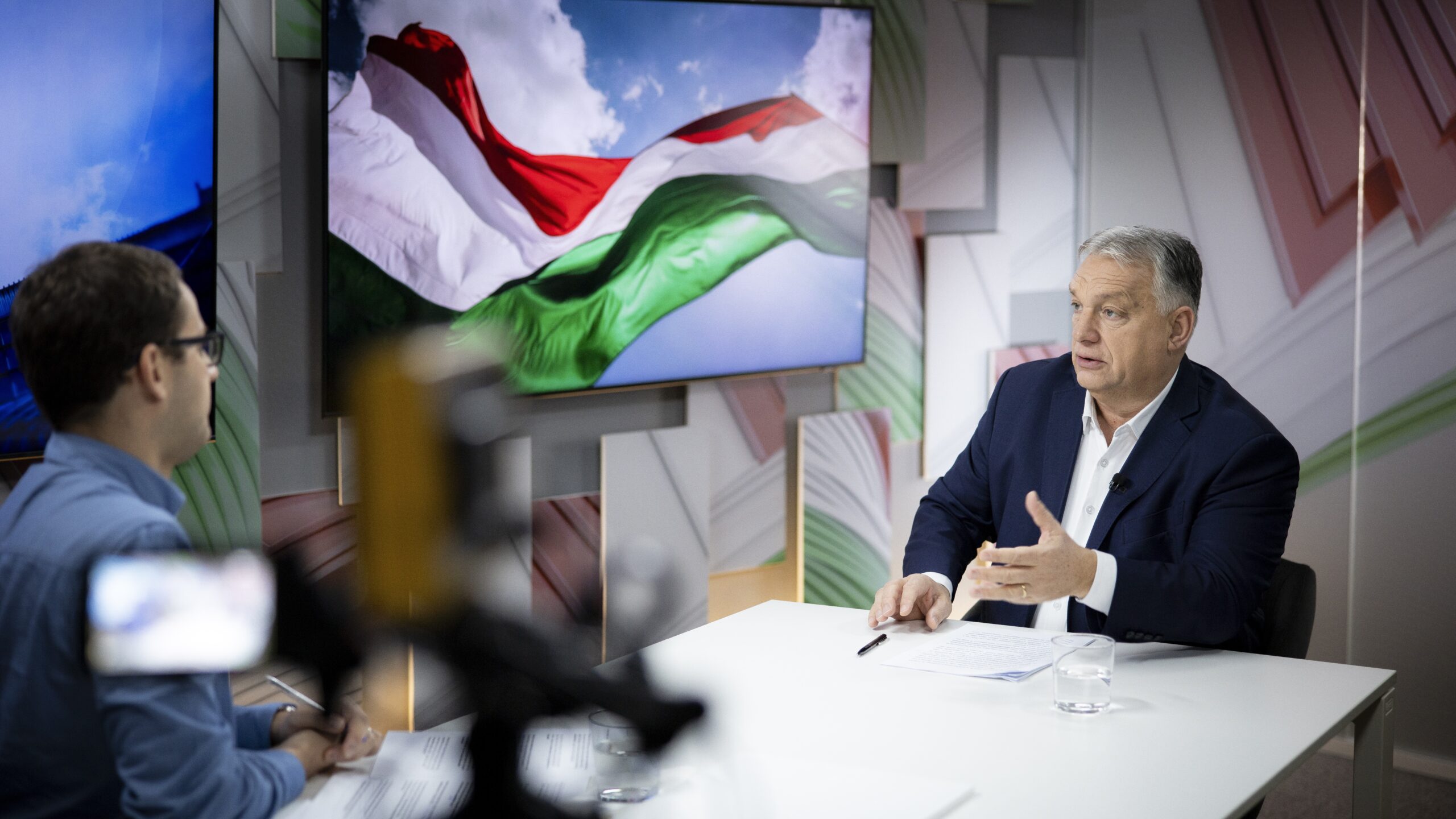Hungarian Prime Minister Viktor Orbán has called for a decisive start to 2025, emphasizing the importance of immediate and tangible economic benefits for Hungarian families. Speaking on public Kossuth Radio on Friday morning, Orbán outlined his government’s plans for economic reform and reflected on Hungary’s recent achievements as part of its EU presidency.
Orbán stressed that maintaining ‘strategic calm’ is essential in these challenging times, particularly amid ongoing geopolitical tensions. Reporting from Brussels following a two-day EU summit, he highlighted the need to avoid provocations and instead focus on diplomacy and stability. In his remarks, Orbán revealed ongoing efforts to broker a temporary ceasefire in Ukraine during the Christmas season. He noted discussions with Turkish President Recep Tayyip Erdoğan, a proven mediator, aimed at securing a truce and facilitating a major prisoner exchange during Orthodox Christmas. According to Orbán, such a gesture could serve as a small but hopeful step towards peace. ‘A Christmas ceasefire would show that peace is not entirely out of reach, even in the short term,’ he said, adding that while Russia has shown willingness to support the proposal, Ukraine’s stance may shift as well.
Turning to broader international issues, Orbán pointed to two transformative developments: the shifting balance of power in Russia’s favour and changes in Washington with Donald Trump’s return to the presidency. These factors, he suggested, require European leaders to adopt a more pragmatic approach to ensure stability and economic resilience. Orbán criticized Brussels for remaining disconnected from these global realities, citing a recent agreement among major European Parliament parties to send substantial funds to Ukraine as an example of misplaced priorities. He argued that the €310 billion already spent on the war could have been used to strengthen Europe’s infrastructure, bolster Western Balkans integration, or enhance military capabilities.
Reflecting on Hungary’s EU presidency, Orbán highlighted significant accomplishments, including resolving decade-long disputes to integrate Romania and Bulgaria into the Schengen Area and normalizing relations with Western Balkan countries. He described these breakthroughs as evidence of Hungary’s ability to address complex issues that others have failed to resolve. Orbán also introduced an action plan to restore Europe’s competitiveness, which he views as the presidency’s greatest achievement. ‘If we want Europeans to live better, we must improve competitiveness,’ he asserted, noting that his government’s pragmatic approach has brought EU politics closer to reality.
As Hungary prepares for a parliamentary vote on next year’s budget, Orbán underscored the importance of delivering immediate economic relief. He praised outgoing Central Bank Governor György Matolcsy for his role in saving families from debt crises and announced plans to appoint Finance Minister Mihály Varga as the new Central Bank head. The upcoming economic action plan, spearheaded by Márton Nagy, includes initiatives such as a new wage agreement and innovative credit programmes. Orbán expressed optimism that these measures would yield noticeable results by early 2024, giving Hungarian families a strong start to the new year. ‘A flying start in January is essential,’ Orbán declared, emphasizing his government’s commitment to swift, effective action to benefit citizens and strengthen Hungary’s economy.
Finally, Orbán reiterated his commitment to sovereignty and national interests in European policymaking. He highlighted the growing influence of the Patriots for Europe group within the European Parliament, describing it as a counterbalance to the globalist networks led by figures such as George Soros.
As Hungary continues to navigate complex challenges at home and abroad, Orbán’s message remains clear: strategic calm, practical solutions, and a focus on sovereignty will guide his government’s approach in the year ahead.
Related articles:








